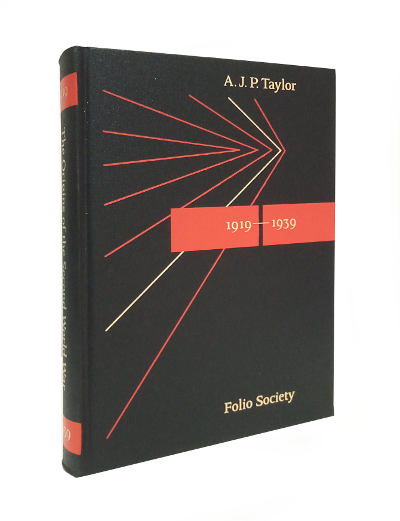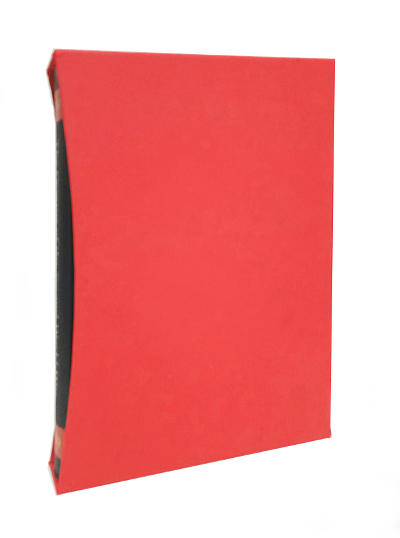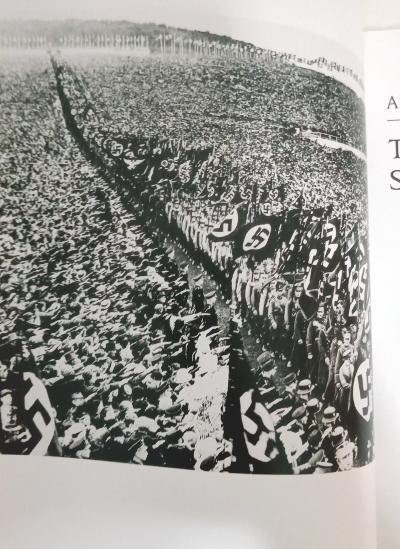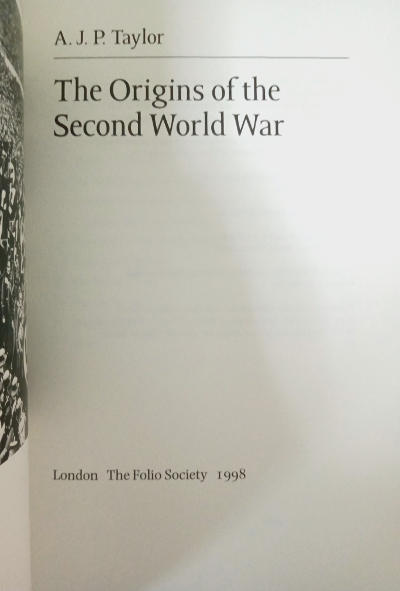About the book (from Wikipedia):
The Origins of the Second World War is a non-fiction book by the English historian A. J. P. Taylor, examining the causes of World War II. It was first published in 1961 by Hamish Hamilton.
Since the war, the general view of the causes of the Second World War (the “Nuremberg Thesis”) was that Hitler had wanted war, planned in detail for war and had launched the war. He was supported by other Nazis but not by the German people, who were innocent bystanders or victims of the Nazi regime. Taylor broke with this consensus and the five main themes of his book are: first, that foreign policy is determined by reasons of state and the necessity of reacting to foreign threats, rather than driven by internal politics such as economic or ideological factors; second, that Hitler possessed strategic goals but no thought-out grand scheme as to how and when these goals would be achieved; third, that Hitler’s goals were the same as those of other German politicians such as Gustav Stresemann; fourth, that Hitler was an opportunist, taking advantage of events provided by the French and British governments, rather than working according to a timetable; and, fifth, that in destroying the Treaty of Versailles and invading Poland, Hitler had the support of the German people.
About the author (from Wikipedia):
Alan John Percivale Taylor FBA (25 March 1906 – 7 September 1990) was a British historian who specialised in 19th- and 20th-century European diplomacy. Both a journalist and a broadcaster, he became well known to millions through his television lectures. His combination of academic rigour and popular appeal led the historian Richard Overy to describe him as “the Macaulay of our age”. In a 2011 poll by History Today magazine, he was named the fourth most important historian of the previous 60 years.






